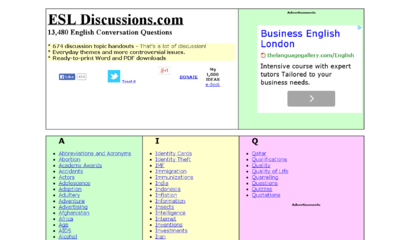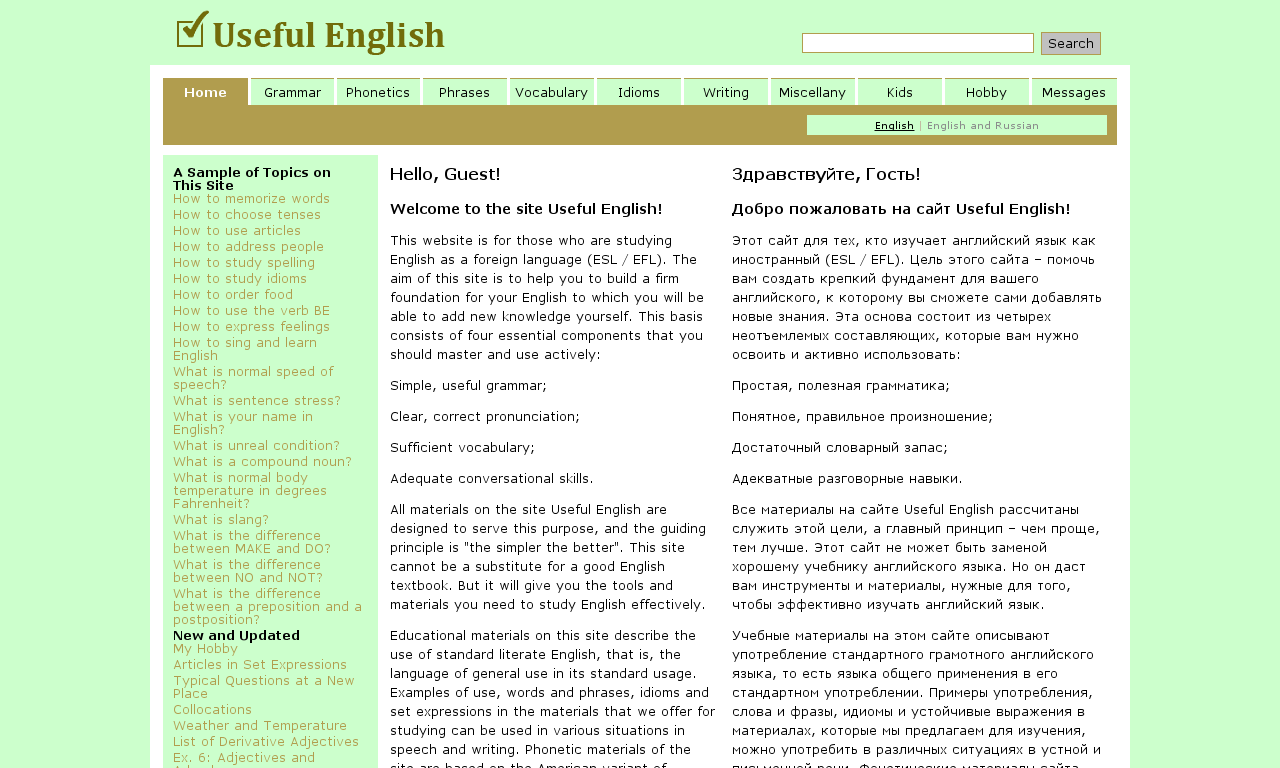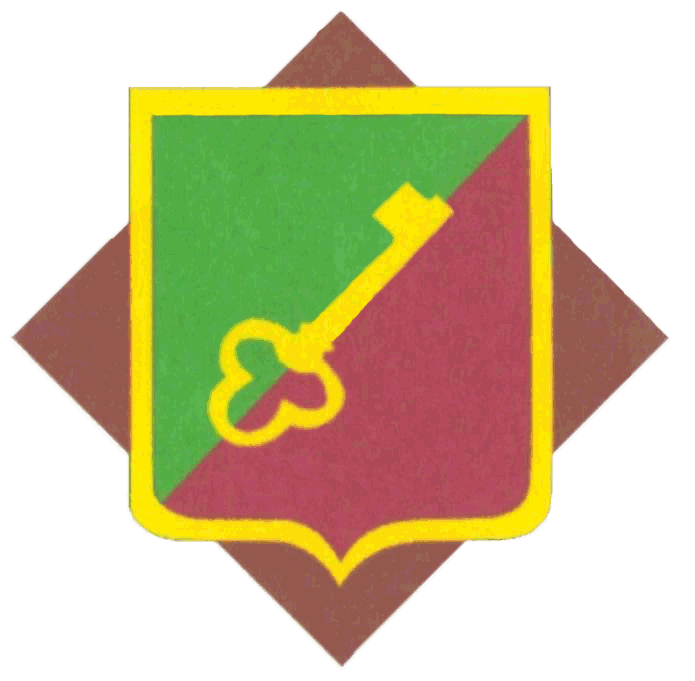Персональный сайт учителя английского языка Кузнецовой Ольги Николаевны
|
Меню сайта
Поиск
About Britain
The official language of Britain is English. Quotes
All human actions have one or more of these seven causes: chance, nature, compulsion, habit, reason, passion, and desire. Aristotle |
The Infinitive
!!! Если в предложении указано на пожелание и невыполнение этого делания, то употребляется перфектный инфинитив: Не hoped to have come but he didn’t have time.
Функции инфинитива 1. В функции обстоятельства цели или следствия, когда часто переводятся на русский язык придаточными предложениями The infinitive can express purpose. We use to do, in order to do and so as to do to express purpose. They answer the question "Why'.'" or "To do what'.'" to get I went to college in order to get a better job later. so as to get Note the negative forms: I went to the city not to see the sights, but to find a job. Phone for details of our holidays immediately in order not to miss this wonderful opportunity! They exchanged addresses so as not to lose touch with each other.
2. В функции определения, когда инфинитив отвечает на вопрос какой? The infinitive can be used after adjectives: Adjective + to infinitive is used; 1) to express simple emotions and attitude; to be anxious / determined / pleased / happy / easy / sure / (un) likely, etc. + to-infinitive I'm pleased to be here. He is sure to do the work. 2) to praise / to criticise people: to be right / wrong / silly / generous / selfish / stupid, etc. (of smb.) + to-infinitive It was kind of you to ask them to come. Wasn 't if clever to do that! 3) after comparative or superlative of adjectives and expressions with adverbs too and enough; ft would be more interesting to go out. The piano is too heavy to move. He is not strong enough to move this box.
3. В функции дополнения или определения, когда инфинитив стоит после существительных и местоимений. Many nouns that correspond to verbs can be followed by a to-infinitive: I do not wish to see you. I have no wish to see you. 3. Входит в состав сказуемого. The infinitive may be the complement of the verb. His plan was to keep the affair secret. 4. Входит в состав устойчивого выражения
to cut a long story short — Короче говоря to tell (you) the truth — Сказать по правде to say nothing of — He говоря уже о to put it mildly — Мягко выражаясь to say the least of it — По меньшей мере to begin with — Начнём с того, что The book leaves much to be desired. — Книга оставляет желать лучшего He is difficult to deal with. — С ним трудно иметь дело He is hard to please. — Ему трудно угодить. – She is pleasant to look at. — На неё приятно смотреть
5. Является субъектом предложения The infinitive may be the subject of a sentence. To save money now seems impossible. To know how to drive is useful. Or It is useful to know how to drive. (It is more usual to place the pronoun it first.) Note the use of introductory it in interrogatives: Would it be safe to camp here? 6. Является объектом предложения The infinitive may be the object or pan of the object of a verb. It can follow the verb directly: He wants to pay now. Or follow verb + question words: Please show me what to do. = What should I do? Please show me. Can you tell me how to get there? = How do I get there? Can you tell me? Or follow verb + object. She wants Peter to come on Monday Infinitive without Particle to. (Bare Infinitive)
I can help you. You must help him. но: You ought to help us.
I saw him enter the shop. But: He saw him to enter the shop
Let me help you. Позвольте, я помогу вам. Не made me help him. Он заставил меня помогать ему. What makes you say that? Почему ты так говоришь? I was made to help him. Меня заставили помогать ему. She was made to repeat the story. Ее заставили повторить свой рассказ.
She would rather help them.Она предпочла бы помочь им. You had better help her.Лучше бы ты помог ей.
С positive forms & needn’t предпочтительно bare infinitive, а с doesn’t/don’t need, dare not, help not – use TO: How can I help my children? - How can I help my children not to worry about their exams? Если в предложении два инфинитива соединяются союзами and или or, то перед вторым частицу to можно не ставить: I want to come and (to) see your new house.( Я хочу приехать посмотреть твой новый дом.)
|
часы
календарь
Статистика
Онлайн всего: 1 Гостей: 1 Пользователей: 0 Архив
Наш опрос
Друзья сайта
Новости гимназии
|
|||||||||||||||





